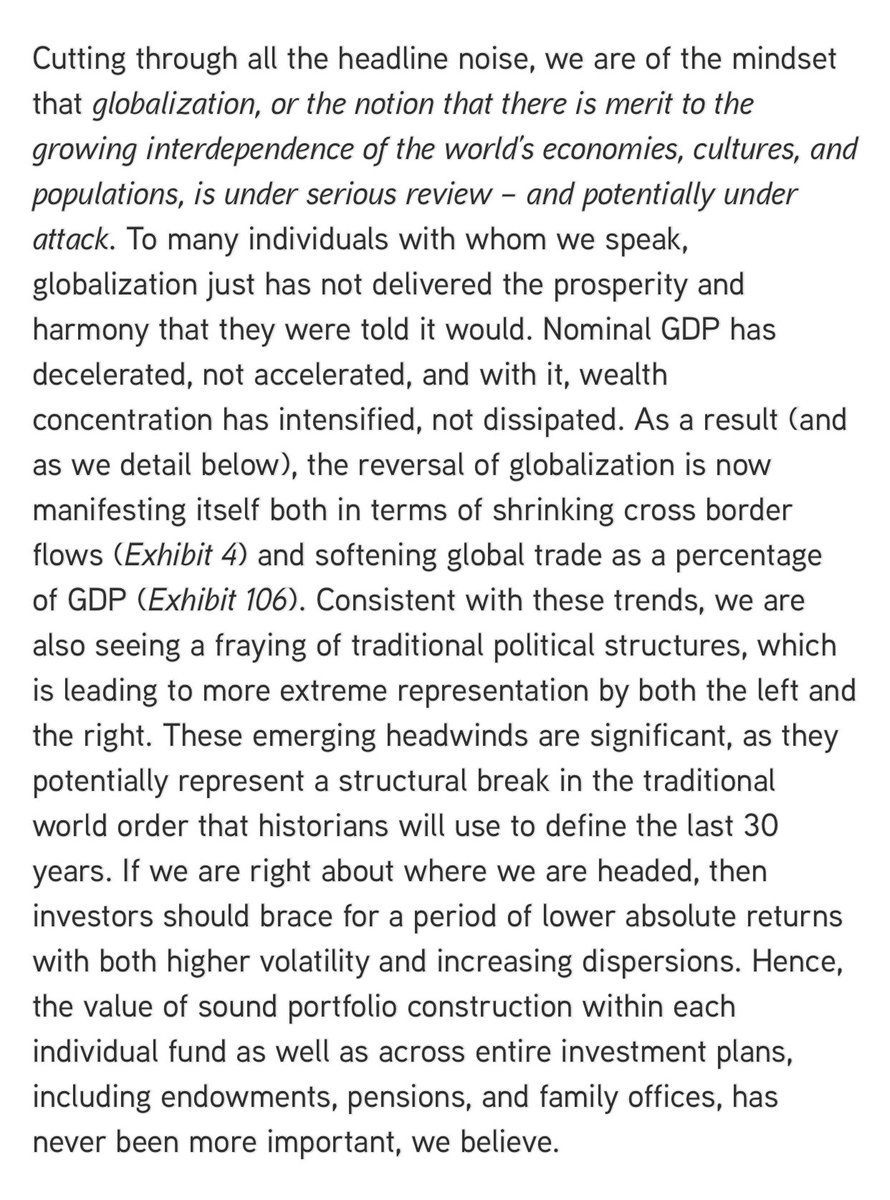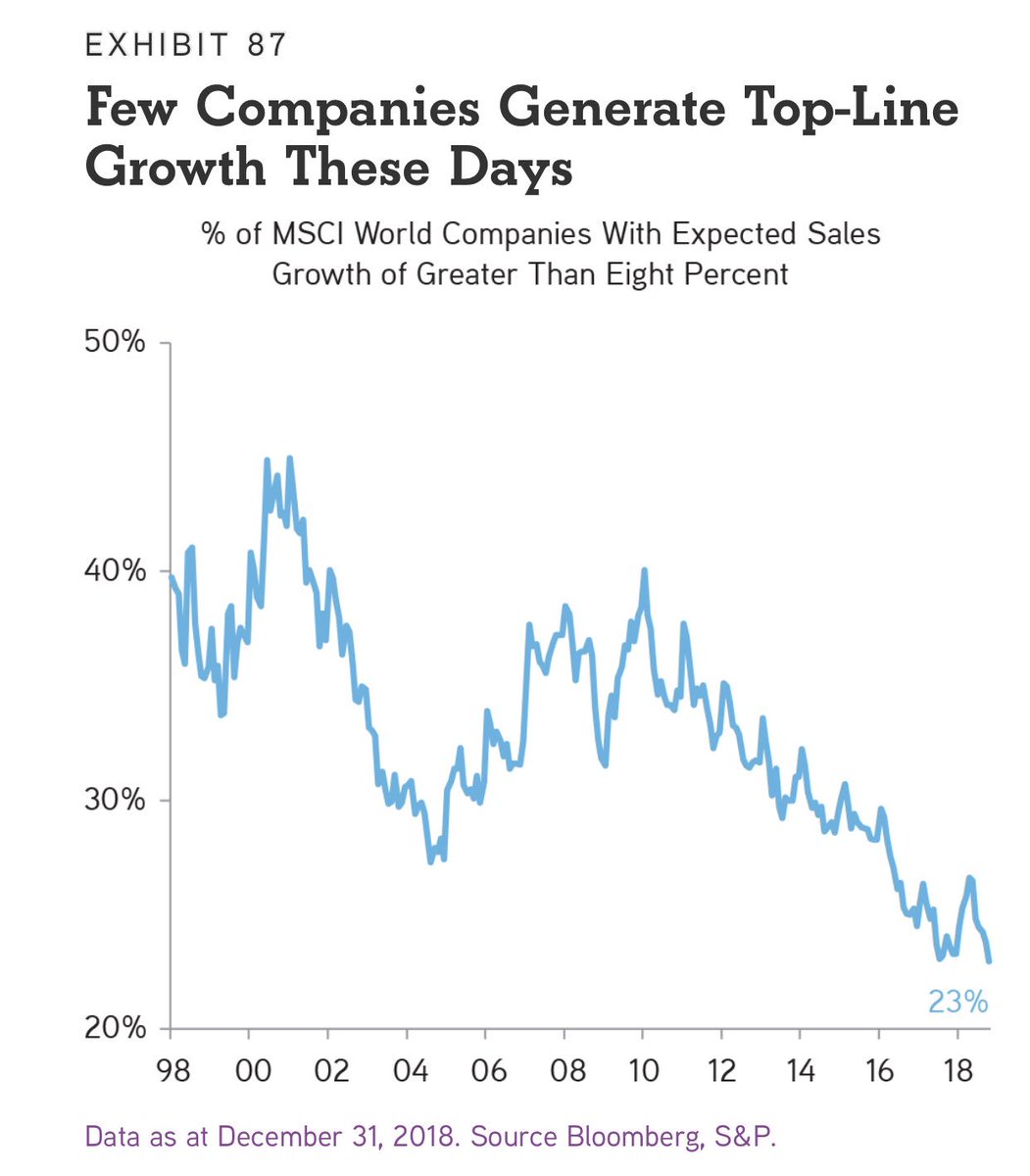Lots of optimists in this poll. It would be great if YB can get out of this mess. The key IMO would be to secure enough credible capital aka WB/GS in 2008. Both “enough” & “credible” being important /1
https://twitter.com/gordonmax/status/1164556896331796487
2/ If capital is required for provisions then the bank is already trading at a post-money valuation which means the real economic mcap is already lower by the amount required for provisions
3/ Plus additional growth capital for growth. At these or lower prices that dilution is huge! Dilutions esp below book value destroy shareholder value
4/ Why “credible”? Because that will give confidence to the market and stop the shorts. Hedge fund money is hot money and not sure MFs will have the cohones to cough up “enough” after the QIP debacle
5/ If they don’t get enough capital will be a field day for shorts. Lower price. Bigger raise needed. More dilution. Already the low delivery vols suggest that there is massive day trading.
6/ If God forbid there is no buyer and price declines continue the RBI may seek to protect a/c holders and contain the collateral damage by forcing a merger. So the big question is who will bite the bullet and at what price?
7/ If you are long (there seem to be a fair bit of them), I reckon your thesis should rest on the likelihood of no more negative surprises and that the $300 M QIP is sufficient for growth. How this plays out time will tell. Let’s see what happens. Disc: No positions / end
• • •
Missing some Tweet in this thread? You can try to
force a refresh











